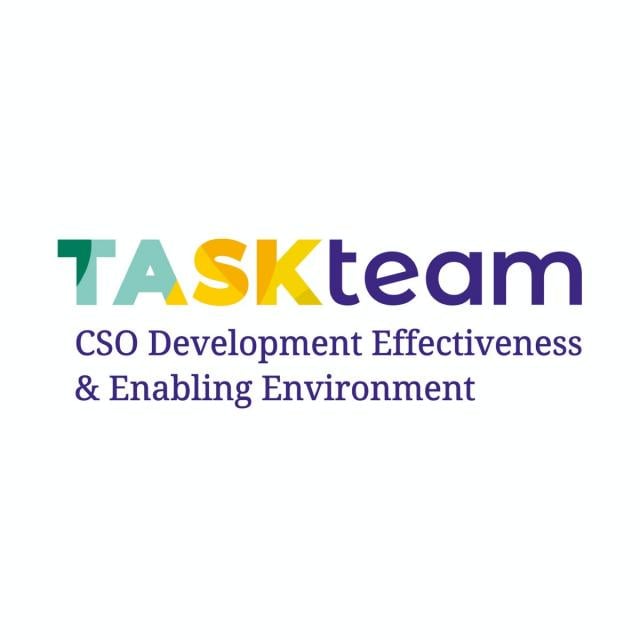MOOC List is learner-supported. When you buy through links on our site, we may earn an affiliate commission.

MOOC List is learner-supported. When you buy through links on our site, we may earn an affiliate commission.
But what is needed for CSOs to be able to do so? This Online Interactive Guidance offers some answers to that question. It takes participants through a history of the international commitments that call for this multi-stakeholder collaboration; what this means in practice for different development actors; and the benefits that can ensue through means of good practice examples from countries across the globe.
Learning objectives
Following the completion of the 5 modules of the Online Interactive Guidance, participants will be able to:
• Describe the rationale behind the need to engage civil society in development processes;
• Define the CSO enabling environment and CSO development effectiveness as key components to ensuring effective engagement of CSOs in development;
• Recall the international commitments on the CSO enabling environment and CSO development effectiveness;
• Distinguish the roles and responsibilities of different development actors in ensuring effective engagement of CSOs in development;
• Identify practical ways in which governments, donors and civil society can engage to create a CSO enabling environment and ensure CSO development effectiveness;
• Identify good practices for a CSO enabling environment and development effectiveness;
• Indicate the benefits that can ensue from implementing good practices;
• Translate the international commitments and apply these to their own context.
Set-up
The Online Guidance will lead participants through the modules that each play a part in creating an environment in which CSOs can meaningfully and effectively contribute to implementation and monitoring of international development processes.
Module 1 will examine the CSO-related commitments that the international community has subscribed to and will provide an introduction to the four ways in which these can be realized.
Module 2 will explore the means towards creating effective multi-stakeholder dialogue, which is key to creating a CSO enabling environment.
Module 3 will examine CSOs’ own responsibility in ensuring their effectiveness, accountability and transparency in their day-to-day operations.
Module 4 will delve into how providers of official development cooperation can effectively work with and for CSOs.
Module 5 is the concluding module and will examine how a country’s rules and regulations can determine an enabling environment for CSOs to operate in.
Syllabus
WEEK 1: Introduction to effective civil society engagement in international development
WEEK 2: Multi-Stakeholder Dialogue (MSD)
WEEK 3: CSO Development Effectiveness, Accountability & Transparency
WEEK 4: Official Development Cooperation with CSOs
WEEK 5: Legal & regulatory environment + closing
MOOC List is learner-supported. When you buy through links on our site, we may earn an affiliate commission.
MOOC List is learner-supported. When you buy through links on our site, we may earn an affiliate commission.
